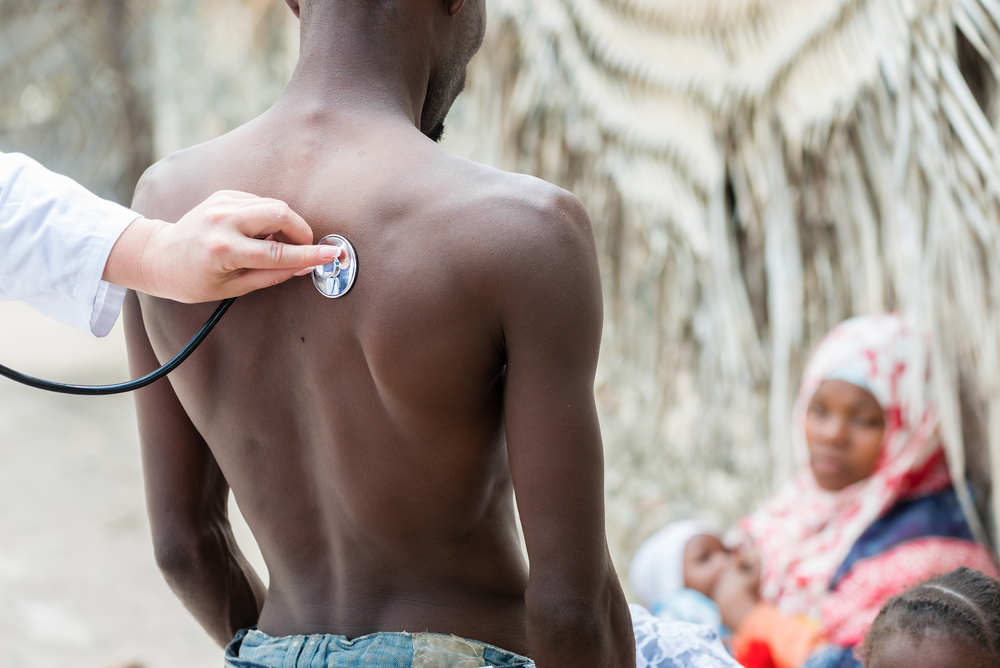
A research study by the University of California Los Angeles (UCLA) has found that even 40 years after their infection, survivors of the first known Ebola outbreak bear resistances to future infection.
For the purposes of the study–which was published in the Journal of Infectious Diseases last week–UCLA turned to residents of the Democratic Republic of the Congo. In all, 14 survivors of a 1976 epidemic there were located, blood samples and health histories were taken, and the results processed. For a disease that boasts mortality rates ranging anywhere from 25 percent to 90 percent, these findings give researchers hope for the development of future vaccines and therapeutic drugs.
“Unimaginable death tolls and devastation to families and communities have occurred as a result of Ebola,” lead author Anne Rimoin, associate professor of epidemiology at the UCLA Fielding School of Public Health, said. “With the number and frequency of Ebola outbreaks increasing over time, the need to find effective measures to combat and prevent outbreaks is critical.”
This marks the first time researchers have determined Ebola survivors could be able to fight off future infections. Given that there are more than 10,000 survivors of the West African epidemic of 2014-2016 alone, it is a message with hope behind it, as well as practical scientific gains.




